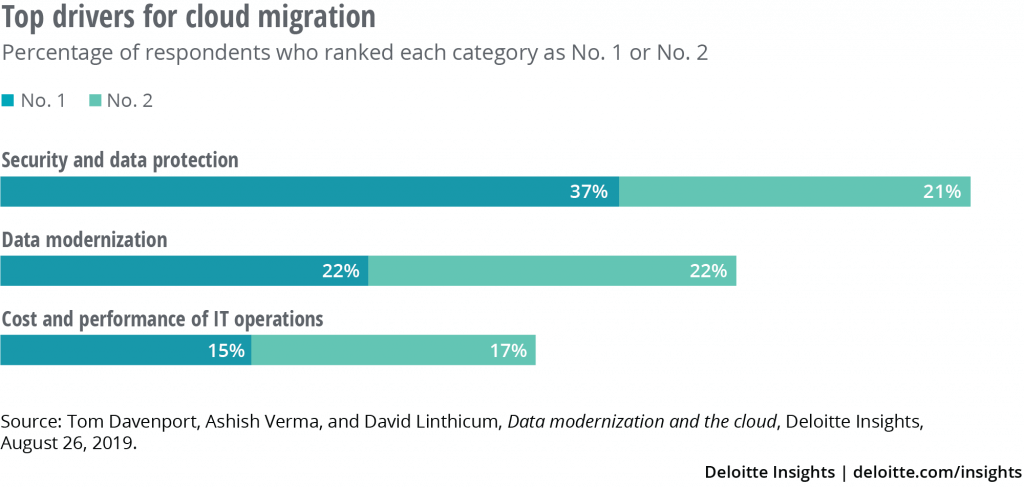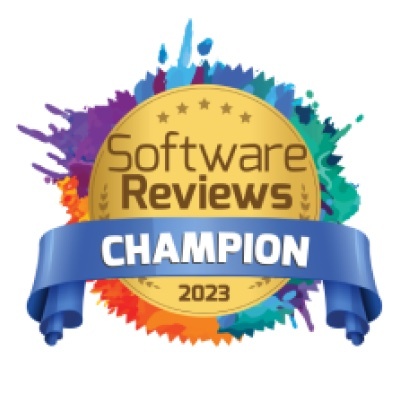Stranger Things: The New Reality of Corona
Right smack in the middle of Q1, the entire world was hit with a compelling event whose impact we are only just beginning to wrap our heads around. Just over 7 months into the global Coronavirus crisis, businesses worldwide have taken a financial pounding, and have been forced to confront a new reality that in many cases prevents them from continuing to operate as usual. In these uncertain times, one thing is certain: organizations are unable to continue to operate entirely as they were used to in a face-to-face world. Instead, they now must find ways to adapt to this new reality, which in many cases means adopting disruptive technologies that can help bridge the gap between working from the comfort of the office to working in the chaos of home (for those of us with kids out of school). According to Stanford University, by June 2020, a whopping 42% of the US workforce was working remotely.
Coping With The New Reality
So how are organizations coping with this new reality that not only prevents them from meeting customers in person, but that seems to be here to stay, for at least the near future?
Well, there are plenty of companies who actually are unable to cope, many others have taken a proper beating during this period. As we see the economy crumbling and unemployment rates skyrocketing, this new reality has rendered once-promising startups like those in the events and travel industries irrelevant and struggling to stay afloat (take EventBrite for example).
How is it then that some companies are managing to still conduct business in this new reality?
One word for you: Cloud.
Organizations are turning to the cloud and automated metadata management tools to successfully manage their business’s data. This is what we must do these days in order to survive. As Jason Lemkin of Saastr so accurately put it in his blog article, The ‘Covid Boost’ for SaaS Will Last Years, “We are all living and working in the cloud.” Exactly this – SaaS, companies who have come up with disruptive solutions to enable people and businesses to continue to function, and even thrive, in this new reality are reaping major benefits in the form of investments, increased sales and recognition. Companies whose products/technologies have enabled or enhanced our ability to communicate, manage tasks, manage teams, do business, and shop (e-commerce) have been hugely successful during this time.
Hear real use cases of BI teams who are leveraging metadata management automation on the cloud while working remotely
Check out our webinar "BI During COVID-19."
Watch the Webinar
Automated Tools Increase Your Potential To Succeed
Our capabilities allow BI teams to easily find, understand, and manage metadata, even when they are working remotely. This helps companies make faster and better business decisions and keeps all team members on the same page. One easy way to maintain clear communication throughout a company is to establish an automated business glossary, which creates a common “language” for everyone in the company. The same definitions are used across the organization so there isn’t anything “lost in translation.”
Another essential capability for BI & Analytics teams is automated data discovery. This is especially important when teams are not working from the same physical location. In order to locate the same information, they must have access to a platform that is both user-friendly and produces results quickly. Instead of completing tedious, manual searches to find their data, automated data discovery enables them to find what they need in a matter of seconds.
A third capability that increases BI success is automated data lineage. In a nutshell, data mapping is streamlined in an easy-to-understand visual depiction of the data’s life cycle. Automated data lineage shows the data’s origin, any transformations it underwent (by interacting with different systems), and ends with the data’s current state. With clear knowledge of your company’s data lineage, you can identify and fix any reporting errors. You can also pinpoint any changes the data experienced and understand why.
As organizations accumulate more and more data, which is becoming more and more critical to the business, Octopai provides BI & Analytics teams with the whole story behind their data and enables them to deliver faster, even while working remotely.
Customers and Organizations are Ready To Join the Cloud
Although the cloud is a relatively new concept, there is a growing openness for companies to share information from on-prem into the cloud. Deloitte surveyed over 500 IT professionals regarding cloud use and discovered some interesting findings. According to their study, 91 percent of participants confirmed that their organization utilizes the cloud and stores their data there. Additionally, their primary reasons for choosing a cloud-based solution are for security and data protection.
As found in IDG Communications 2020 Cloud Computing report, budgets for cloud-based platforms are increasing, with 32% of IT budget allocated towards cloud computing solutions in the next year. This totals an investment of over $73.8 million per company. According to Sue Yanovitch, VP of Marketing, IDG Communications, Inc., “the need to provide reliable, always-on business platforms has fueled the need for cloud computing due to its on-demand functionality.”
Looking Forward
While we are still not very close to being able to predict how this global crisis is going to play out, and how deeply our economies will (continue to be) affected by shutdowns, it is promising to see that not all companies are struggling and that there are pockets of success that can be identified. With automated tools in place, every company has the opportunity to grow, flourish, and come out of this pandemic stronger than ever.








